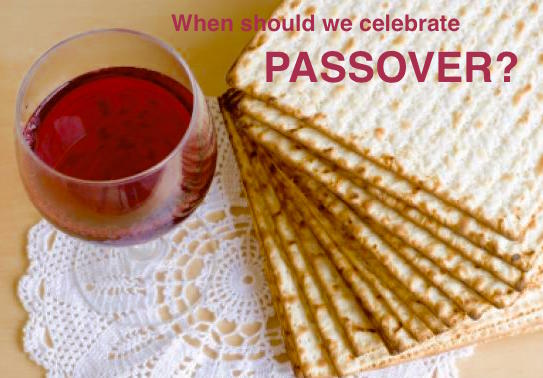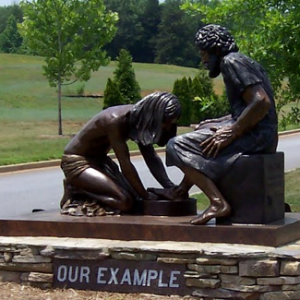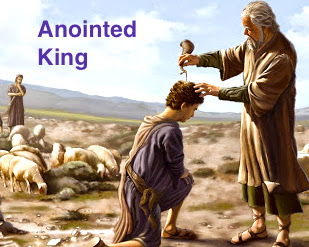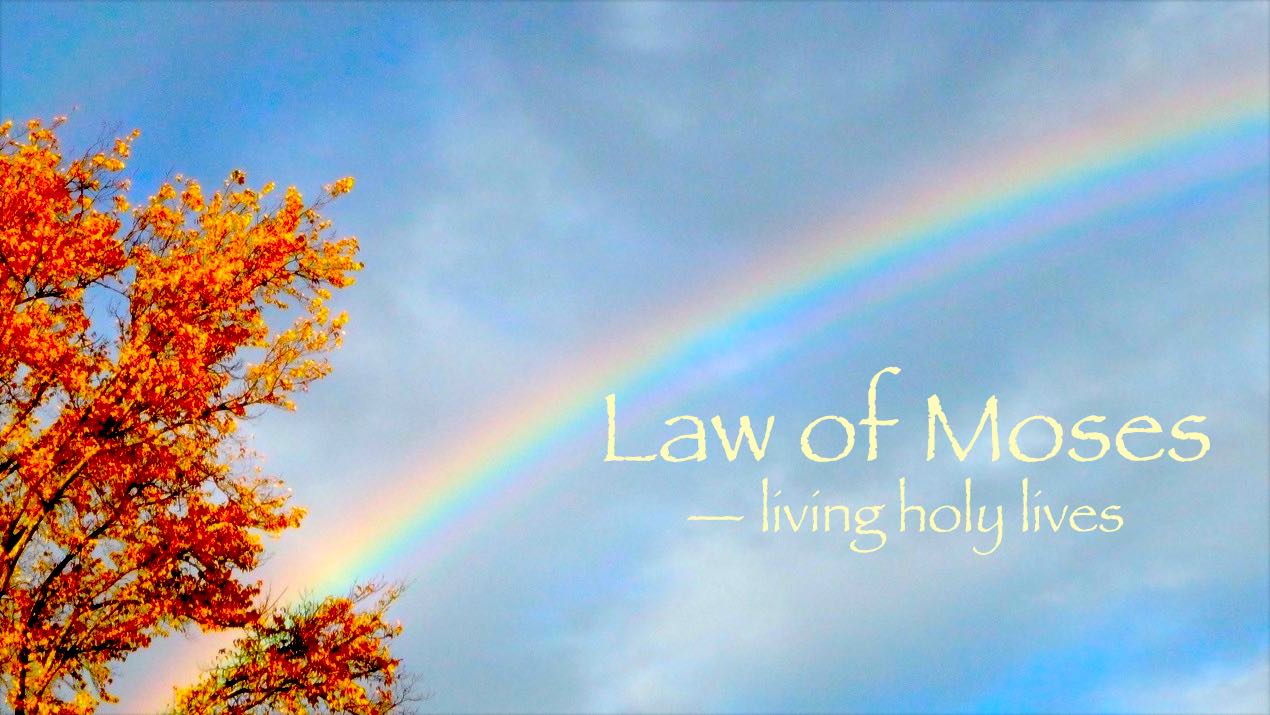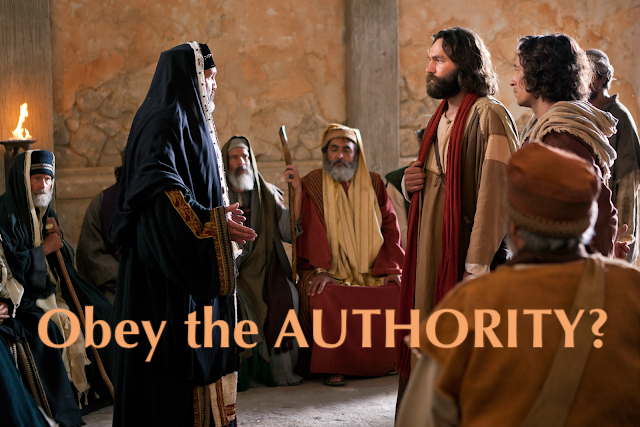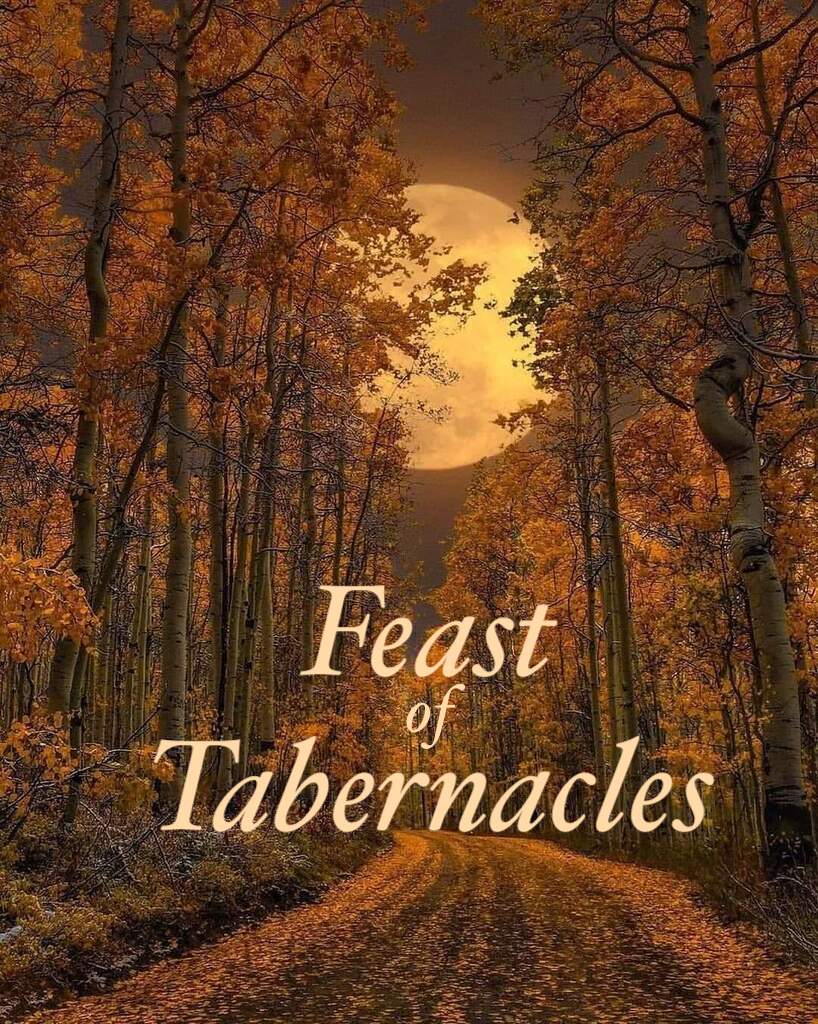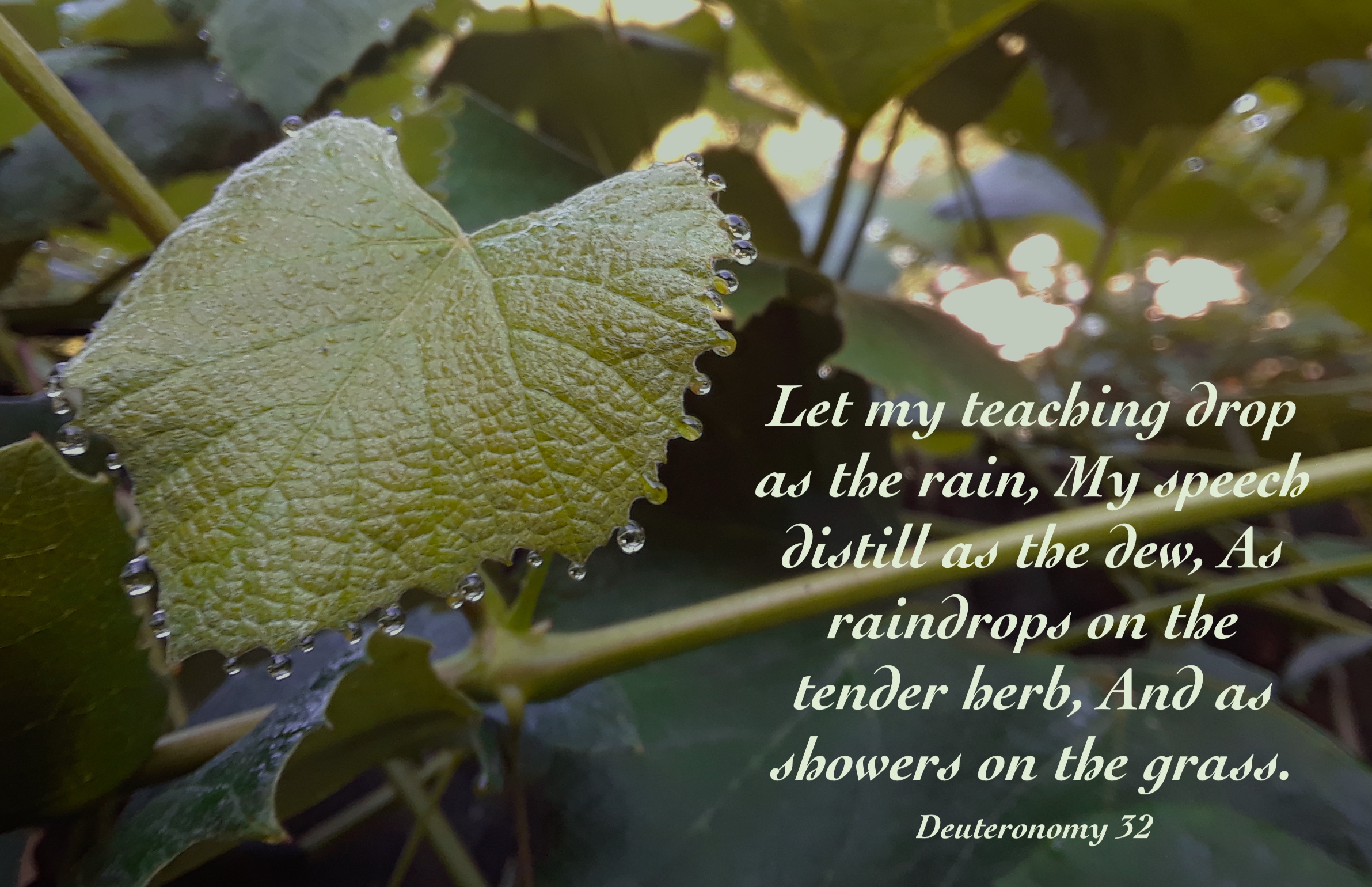Preparing for Passover:
As we approach the Passover season the scriptures encourage us to consider God’s plans for us and our response. Are we preparing for Passover?
- Do we understand our calling?
- Have we made a commitment to forsake our sins and embrace God’s ways?
- Have we gained a deeper appreciation for Christ’s sacrifice and forgiveness?
- Do we look to Christ’s example as our guide to daily living?
- Are we walking faithfully in covenant with the Father?
Are we doing the good works of loving our neighbour as Christ loves us?
23 For I received from the Lord that which I also delivered to you: that the Lord Jesus on the same night in which He was betrayed took bread; 24 and when He had given thanks, He broke it and said, “Take, eat; this is My body which is broken for you; do this in remembrance of Me.” 25 In the same manner He also took the cup after supper, saying, “This cup is the new covenant in My blood. This do, as often as you drink it, in remembrance of Me.”
26 For as often as you eat this bread and drink this cup, you proclaim the Lord’s death till He comes.
27 Therefore whoever eats this bread or drinks this cup of the Lord in an unworthy manner will be guilty of the body and blood of the Lord. 28 But let a man examine himself, and so let him eat of the bread and drink of the cup. 29 For he who eats and drinks in an unworthy manner eats and drinks judgment to himself, not discerning the Lord’s body. 30 For this reason many are weak and sick among you, and many sleep. 31 For if we would judge ourselves, we would not be judged. 32 But when we are judged, we are chastened by the Lord, that we may not be condemned with the world. 1 Cor. 11
 Paul and Passover — A Reliable Witness
Paul and Passover — A Reliable Witness
Paul’s Testimony about preparing for Passover is something that even atheist and agnostic scholars acknowledge as solid historical evidence of Jesus’ life and ministry. At this time of year it is important to consider the foundation of our faith as Christians. So it may come as a surprise that even secular historians give credence to the veracity and trustworthiness of the gospels and Paul’s writings. Scholars support the eye-witness reports of scripture as authentic accounts of historic events. So let’s consider Jesus’ life, death, and resurrection as recounted by these faithful witnesses.
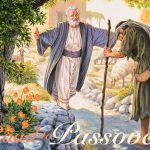 A Christian Passover
A Christian Passover
Many professing Christians do not realize that the early church did not keep Easter. Rather they kept the Christian Passover and the Feast of Unleavened Bread. But there was a new element to their observance of this Holy Day season. There was a memorial that was in addition to the instructions given to Israel. Once a year, at the beginning of the 14th day of the first month, Abib, believers were to follow Christ’s example. They would remember his death with a memorial service of bread and wine. This was because Christ was to be sacrificed as the “Passover lamb.” And only those who had a new covenant relationship with the Father, through the blood of Jesus Christ, would take part in this service. They would have this yearly remembrance of Christ’s sacrifice until the day that he would return as King of Kings.
 Passover People our Narrative of Hope
Passover People our Narrative of Hope
Over the centuries the scourge of anti-semitism has done an effective job of robbing Christians of their heritage as Passover People. How many Christians today understand what Paul wrote? That whether Jew or Gentile, if you belong to Christ you are Abraham’s children? How many understand their role in the biblical narrative, their common scriptural roots and shared biblical standards? But most importantly, how many grasp their new covenant relationship with the Father as Passover People with a glorious destiny?
 Road to Passover – Finding Forgiveness
Road to Passover – Finding Forgiveness
As we take the symbols of the bread and wine at Passover we are acknowledging our need for repentance and forgiveness. But it is not the radical mercy or unconditional forgiveness that some preachers promote. It is important to know what the scriptures say and thus avoid sloppy theology. We must be careful to avoid diminishing the importance of the blood of the covenant and our response of loving obedience to God. There is more to repentance and forgiveness than an emotional altar call. So what do the scriptures reveal?
 Passover and Repentance
Passover and Repentance
The Passover season brings to mind all the events surrounding the death and resurrection of the Messiah. These events had been prophesied centuries earlier in the Psalms and the prophets. Jesus recounted all the prophecies that confirmed that he was the Messiah after his resurrection, as he walked on the road to Emmaus with two disciples. Luke revealed in this account that it was necessary for Jesus to suffer, die, and rise again. Why? So that repentance could be preached to all nations. And, having repented, believers could become empowered by the Holy Spirit. Luke reiterated this message in the book of Acts. He recounted the story of Pentecost when Peter encouraged the people to repent and be baptized so they could receive the Holy Spirit. But what did it mean to repent?
 Passover Sacrifices and the Four Horsemen
Passover Sacrifices and the Four Horsemen
Passover Sacrifices may seem to have little to do with the fears many people are voicing over the spectre of pandemic disease. People are conjuring up the biblical visions of the four horsemen. These plagues of false religion, war, famine and disease have been the scourge of society for millennia. And today, perhaps the fear is that these horsemen are now riding once again. Some are wondering if they will bring death to them or their loved ones. But is there an antidote to this spectre of death and destruction? Is there a sacrifice that will protect us in times of insecurity, and guard our lives? How does the ancient story of the Passover sacrifice speak to our concerns in this century? What lessons can we learn?
